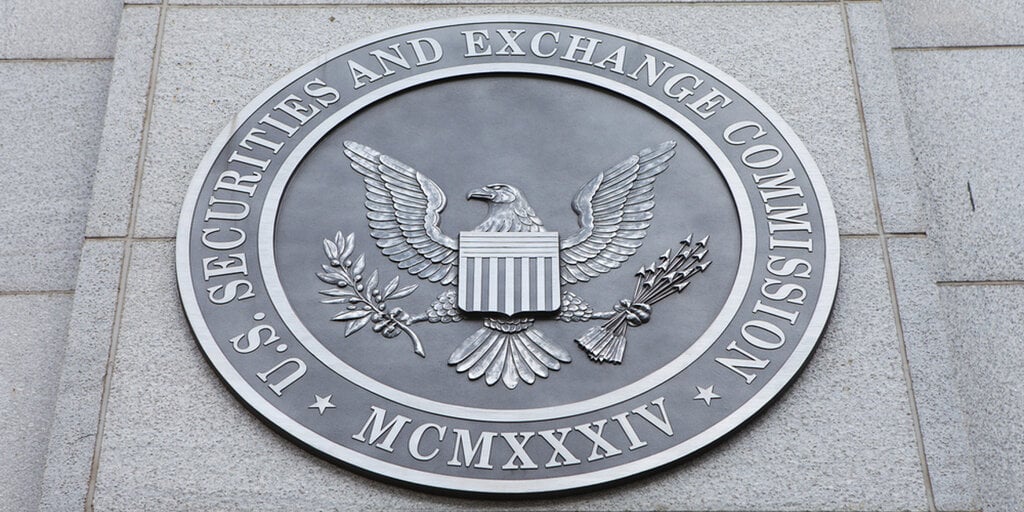SEC Delays Decision on Bitcoin, Ethereum ETF In-Kind Redemption Rules
The U.S. Securities and Exchange Commission has postponed its decision on in-kind redemption requests for the Bitwise Bitcoin ETF and Bitwise Ethereum ETF. The new deadline for the SEC’s ruling is scheduled for September 8.
In-Kind Redemption Process
An in-kind redemption allows investors to exchange their shares of an exchange-traded fund (ETF) directly for the underlying cryptocurrency assets held by the fund. This process is potentially beneficial, as it can help investors avoid certain tax liabilities that might arise from selling the security on a conventional exchange first.
Reason for Delay
The SEC cited the need for “sufficient time to consider the proposed rule change and the issues raised therein,” as justification for the lengthy review period.
Recent Regulatory Trend
This latest delay follows the commission’s previous extension of the in-kind redemption deadline for BlackRock’s iShares Ethereum Trust (ETHA), to August 26. The extension came just before the initial review period was set to expire, illustrating a persistent SEC caution regarding this particular feature, despite a more receptive crypto regulatory climate under the current administration.
Crypto Market Activity
The flurry of regulatory requests comes as asset managers race to secure approval for new ETFs covering a wide array of digital assets, including meme coins, altcoins, and NFTs, as well as adding staking capabilities to existing products. However, despite a shift in SEC leadership that appears more favorable to cryptocurrency than the previous administration’s stance, the commission continues to move deliberately and meticulously, prioritizing thorough evaluation over swift approval.
Market Context
At the time of the delay announcement, Bitcoin was trading around $118,900, representing a 1.1% increase over the last 24 hours. Ethereum saw a more significant rise, up 9% during the same period, reaching a price associated with a recent five-month high.
N.B.: This format removes opinion/persuasion elements and focuses purely on the news events and information provided in the source text.











